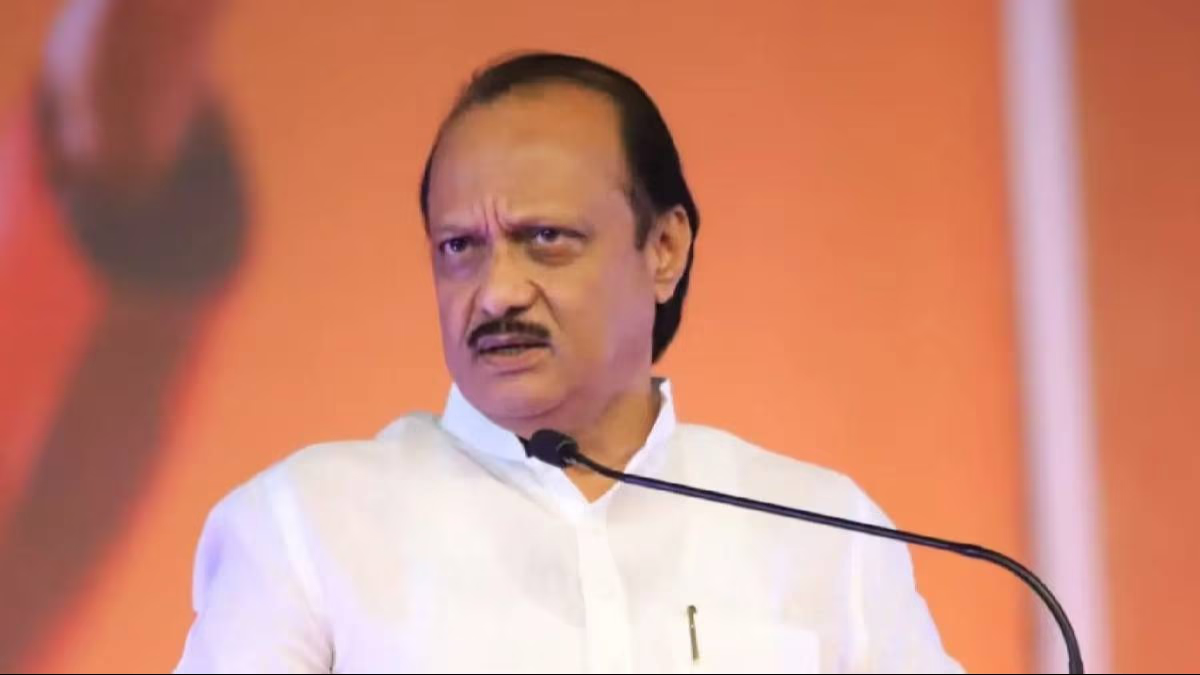In the Maharashtra elections, the ruling Mahayuti coalition's two major parties, the Bharatiya Janata Party (BJP) and Eknath Shinde's Shiv Sena, are fiercely promoting a Hindutva agenda. UP's CM, Yogi Adityanath, introduced the 'Divide and Conquer' slogan. While BJP and Shiv Sena endorsed this slogan, Ajit Pawar's NCP stands in opposition. Ajit Pawar has openly declared his disapproval, stating that it might work in UP or Jharkhand but not in Maharashtra.
Pawar's divergent stance suggests a possible rift within Mahayuti, aiming to champion the mantra 'Inclusive Development for All.' As speculations of discord loom over Mahayuti during the elections, questions arise: Is this really a rift or a calculated move by Pawar as part of a larger electoral strategy?
Why the Speculation of a Game Plan?
Following CM Yogi’s slogan, Prime Minister Narendra Modi also launched the 'United for Safety' slogan, accompanied by a full-page ad in Maharashtra newspapers featuring symbols of all three coalition partners, but notably excluding the Muslim cap. Ajit Pawar's dissent becomes evident when, despite criticizing the slogan, he also features in the 'United for Safety' ad.
Just like the two wires connecting a bulb to the holder, with one for power flow and the other for balance, Mahayuti’s two major parties, BJP and Shiv Sena, are aggressively pursuing a Hindutva strategy. Is Ajit Pawar acting as the balancing neutral wire? Here are five points to understand this association:
1-
NCP as a Safe Passage for Muslim Leaders
Flashback to the period before Lok Sabha elections: political defections were rampant in Maharashtra. Key leaders from the opposition Maha Vikas Aghadi (MVA), especially from Congress, shifted alliances to join Mahayuti. Nonetheless, some, like Baba Siddique, chose Ajit Pawar’s NCP. This provides a safe passage for Muslim leaders moving from MVA to Mahayuti, potentially enticing more to join.
2-
Strategic Move to Secure Muslim Votes
An aggressive Hindutva stance might backfire in constituencies where Muslim voters play a decisive role. By standing against BJP and still granting tickets to Nawab Malik and others, Ajit Pawar seems to be crafting a strategy to balance the Muslim vote bank amidst his partners' Hindu-focused politics.
3-
Countering the BJP Leadership Narrative
In the Eknath Shinde-led government, narratives suggesting BJP's dominant leadership surfaced due to the prevalent presence of Devendra Fadnavis. Pawar’s distinct approach is potentially an effort to counter this BJP-leading narrative by reinforcing his party’s position.
4-
To Claim Authenticity, One Must Appear Authentic
After defying Sharad Pawar and claiming the NCP name and symbol, Ajit Pawar insists his faction is the original. Given that the NCP isn’t traditionally seen as anti-Muslim, Ajit’s open opposition to Hindutva politics is essential to establish his party as the genuine article.
5-
Sending a Message to Displeased Voters
After facing setbacks in Lok Sabha elections, partly attributed to alliances with Pawar’s NCP, Mahayuti saw its coalition tensions become visible. Could this opposition communicate a message to dissatisfied voters unhappy with these alliances?




